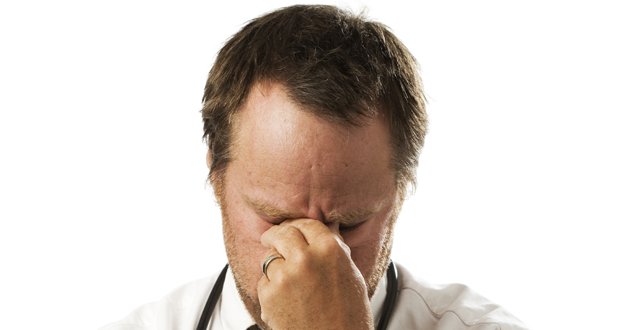The study found that 77 per cent of survey respondents have experienced a patient suicide. Most of the GPs reported that the patient suicide had an adverse effect on them (68 per cent), and led them to experience feelings of sadness, upset, a sense of professional inadequacy, reduced confidence, but also to practice ever more awareness and vigilance when dealing with patients.
“Connecting for Life, Ireland’s national strategy to reduce suicide, recognises the important role that primary care plays in suicide prevention. GPs are often the first health professional contact for individuals who are experiencing distress or suicidal thoughts,” said Clinical Advisor at the HSE National Office for Suicide Prevention, Dr Justin Brophy.
“Suicide prevention in primary care is a key but very challenging area for GPs. This new research suggests that GPs are open to and would benefit from additional training on the recognition and management of suicide risk.
“The study also emphasises the fact that while training is important, improved connections with and access to mental health services are also essential in order to facilitate GPs to manage patients’ suicidal behaviour.
Also reacting to the results of the new survey the ICGP’s Director of Mental Health Services, Dr Brian Osborne said “The ICGP curriculum is clear that all GPs trainees are taught to conduct clinical suicide risk assessments as part of their training.
“The ICGP has collaborated with NOSP since 2014 to develop and continuously offer an e-learning module on Suicide Prevention in General Practice. Mental health and suicide prevention updates are also regularly in the programme of continuing education that the ICGP offers. However, we welcome this opportunity to partner with NOSP again to further strengthen our practices”.













Leave a Reply
You must be logged in to post a comment.